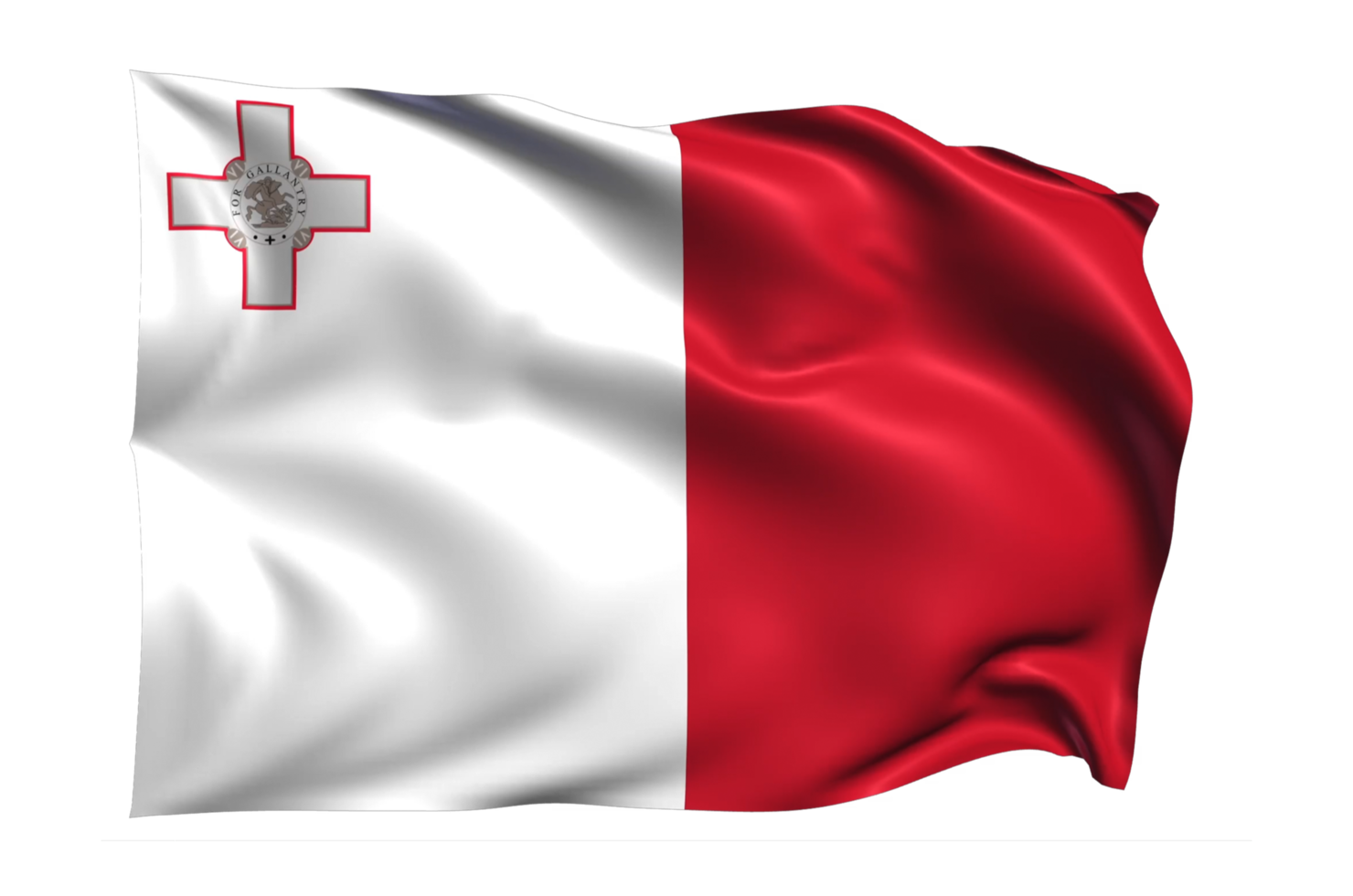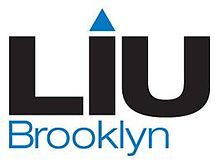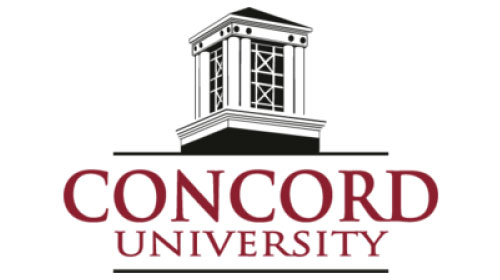Study in MALTA
July 2, 2024 2024-12-28 4:09Study in MALTA

Study in MALTA
High-Quality Education
Malta offers high-quality education with institutions like the University of Malta, which is one of the oldest and most respected in Europe. The Maltese education system follows the European Bologna Process, ensuring high standards and internationally recognized degrees.
English-Speaking Environment
English is an official language in Malta, making it easier for international students to adapt and communicate. Lectures, exams, and most administrative processes are conducted in English, which is a huge advantage for non-native speakers.
Affordable Education Costs
Tuition fees in Malta are generally lower compared to other European countries. Public universities often have reasonable fees, and private institutions offer competitive rates. Here’s a rough estimate:
Bachelor’s Programs: €6,000 to €8,000 per year.
Master’s Programs: €8,000 to €14,000 per year.
PhD Programs: Approximately €10,000 per year.
Low Cost of Living
Living in Malta is relatively affordable compared to other European countries. Here’s a breakdown of typical monthly expenses:
Accommodation: €300 to €600 for a shared apartment or student residence.
Food: €200 to €300.
Transportation: €20 to €30 (monthly bus pass).
Miscellaneous (internet, leisure, etc.): €100 to €200.
Beautiful Climate
Malta enjoys a Mediterranean climate with over 300 days of sunshine per year. Mild winters and hot summers mean you can enjoy outdoor activities like beach outings, hiking, and exploring historical sites almost year-round.
Cultural Richness
Malta has a rich history that dates back thousands of years. The island is dotted with historical sites like the ancient city of Mdina, prehistoric temples, and fortresses from the Knights of Malta. The blend of cultures and traditions makes it a fascinating place to live and study.
Work Opportunities
International students in Malta can work part-time (up to 20 hours per week) and full-time during holidays. This not only helps in gaining work experience but also supports students financially. Malta’s growing economy, particularly in sectors like gaming, IT, and finance, offers plenty of job opportunities.
Safe and Welcoming Environment
Malta is known for its safety and friendly atmosphere. The local community is welcoming, and students often find it easy to integrate. Various student organizations and support services are available to help international students settle in.
EU Membership
As an EU member, Malta offers students the chance to experience life in Europe. This can be beneficial for students who may wish to travel or work in other EU countries after their studies. Malta’s strategic location also makes it a gateway to exploring Europe.
Networking Opportunities
Malta hosts numerous international conferences, fairs, and events, providing students with excellent networking opportunities. Universities often collaborate with industries, offering students practical experience and potential career pathways.
Scholarships and Financial Aid
Malta offers various scholarships and financial aid options for international students. Institutions like the University of Malta and organizations such as the Maltese Government provide scholarships based on merit, financial need, or specific fields of study.
Summary
Malta offers a unique blend of high-quality education, affordable living, cultural richness, and excellent career opportunities in a safe and welcoming environment. Whether you’re drawn by the sunny climate, the rich history, or the chance to study in English, Malta can be a great destination for international students.
The average accommodation cost for students in Malta can vary depending on the type of housing and location. Here are some general estimates:
Types of Accommodation
Student Residences (Halls of Residence): Around €300 to €600 per month. These are shared accommodations with other students, often located close to universities.
Shared Apartments: Typically €300 to €900 per month, depending on the number of roommates and the location.
Private Accommodation: Renting a private room in an apartment can cost around €450 to €700 per month.
Homestays: Living with a host family can range from €450 to €700 per month.
Additional Costs
Utilities: Around €100 to €150 per month for electricity, water, and internet.
Transportation: A monthly public transport pass costs around €30 to €50.
Regional Variations
Valletta and Surrounding Areas: Generally more expensive due to higher demand and proximity to the city center.
Other Areas: More affordable, with lower rent prices.
Tips for Finding Accommodation
Apply Early: Due to high demand, it’s best to start looking for accommodation as soon as you receive your acceptance letter.
Use University Resources: Many universities have housing offices that can help you find accommodation.
Online Platforms: Websites like University Living and WG-Gesucht are popular for finding shared apartments.
Besides accommodation, here are some average monthly living expenses for students in Malta:
Food
Groceries: Around €200 to €250 per month. Shopping at discount supermarkets like Lidl and local markets can help save money.
Eating Out: Meals at budget-friendly restaurants typically cost €8 to €12 per meal.
Transportation
Public Transport: A monthly bus pass costs around €21. Single bus tickets are about €1.50 to €2.
Biking: A second-hand bike can cost around €50 to €150.
Utilities
Electricity, Water, and Internet: Approximately €100 to €150 per month.
Health Insurance
Health Insurance: Around €80 to €100 per month.
Study Materials
Books and Supplies: Around €50 to €100 per month.
Recreational Activities
Sports and Fitness: University sports programs are often free or very affordable (around €20 to €50 per semester). Gym memberships vary, costing around €20 to €40 per month.
Social Activities: Budget around €50 to €150 per month for socializing, cinema, concerts, and other leisure activities.
Miscellaneous
Clothing: Around €50 to €100 per month, depending on personal preferences.
Personal Care: Toiletries, haircuts, and other personal care items might cost around €30 to €50 per month.
Example Monthly Budget
Here’s how these costs might add up:
| Expense Category | Estimated Monthly Cost |
|---|---|
| Groceries | €200 – €250 |
| Eating Out | €50 – €100 |
| Public Transport | €21 |
| Health Insurance | €80 – €100 |
| Utilities | €100 – €150 |
| Study Materials | €50 – €100 |
| Recreational Activities | €50 – €150 |
| Clothing | €50 – €100 |
| Personal Care | €30 – €50 |
| Total | €671 – €1,021 |
This should give you a comprehensive idea of what to expect in terms of living expenses in Malta.
Malta offers several scholarships for international students. Here are some of the prominent ones:
Government-Funded Scholarships
Malta Government Scholarships: These fully funded scholarships are available for undergraduate, graduate, and doctoral programs. They cover tuition fees, living expenses, and other costs.
Malta Art Scholarship Scheme: This scholarship is for students pursuing degrees in arts and can cover up to €20,000 in tuition fees.
Endeavor Scholarship Scheme: A highly competitive scholarship for students with outstanding academic achievements.
University-Specific Scholarships
University of Malta Scholarships: The University of Malta offers scholarships for Master’s by Research and PhD programs. These scholarships can cover 40% to 100% of tuition fees for financially needy students.
GBS Malta Scholarships: The Global Business School in Malta offers various scholarships for international students based on merit and financial need.
Regional and Program-Specific Scholarships
Commonwealth Scholarship: Available for students from Commonwealth countries, covering tuition fees and living expenses.
Erasmus+ Program: Part of the EU’s Erasmus+ program, providing scholarships for students to study, train, and intern in Malta.
Additional Resources
Ministry of Education: The Maltese Ministry of Education publishes a list of available scholarships on their website. It’s a good idea to check their site regularly for updates and new opportunities.
These scholarships can significantly reduce the financial burden of studying in Malta. It’s important to check the specific eligibility criteria and application deadlines for each scholarship.
The average tuition fees for international students in Malta vary depending on the level of study and the institution:
Bachelor’s Degrees
Public Universities: Approximately €7,000 to €12,000 per year.
Private Universities: Around €5,000 to €15,000 per year.
Master’s Degrees
Public Universities: Around €10,000 to €25,000 per year.
Private Universities: Approximately €8,000 to €20,000 per year.
Diploma Programs
Diploma in Tourism and Hospitality Management: Around €6,500 to €7,500 per year.
Diploma in Business Management: Approximately €6,500 to €7,500 per year.
Diploma in Health and Social Care Management: Around €6,500 to €7,500 per year.
These fees can vary based on the specific institution and program. It’s always a good idea to check with the university for the most accurate and up-to-date information.
DOWNLOAD OUR BROCHURE
Interested in Learning More About Our Partners and Studying in MALTA?
Click the download button to access our brochure and discover why Malta is an excellent choice for your higher education. Our dedicated contact person is always available to assist you. For more information, visit our contact page and start planning your academic journey today!
Our Our Partners






Fill-Up The Form & Submit
We Will Contact You Soon



